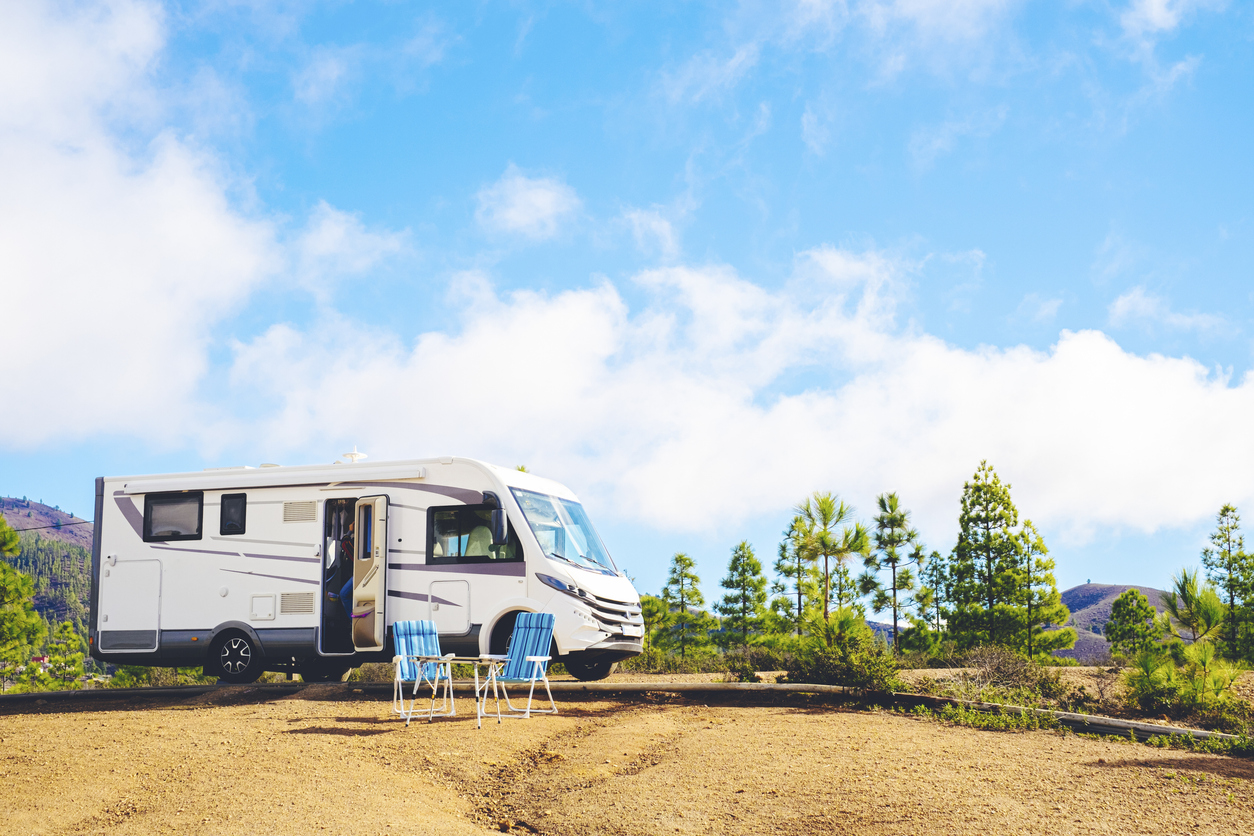
Taking care of your RV is essential before going on a long-distance trip and exploring the vast countryside and everything it has to offer. RV owners should know how to take care of their RV to maintain its value and stay safe while using it.
Care For Your RV
You will need Recreational Vehicle Insurance before you go anywhere. Also, you will need to maintain your vehicle. Here are some tips on effectively maintaining your RV and protecting your investment.
Roof Inspection
Thoroughly check your RV’s roof seams and seals about every three months for any issues that may cause a leak. Water leaks can occur through even the tiniest openings in the roof’s edges, vents, skylights, or air conditioning unit. If the water soaks into the outer wood framework and through the inner ceiling panels, it will lead to significant water damage. There are plenty of sealant options to use to patch up an RV’s roof leak. Likewise, you should use a sealant that is compatible with the material of your RV’s roof ( e.i. fiberglass, Metal, rubber).
Check Wheel Lug Nuts and Tire Pressure
It is crucial that you tighten the RV’s wheel lug nuts. Likewise, you do this because they often loosen up throughout previous travel or while in storage. Driving with loose lug nuts can easily cause you to lose control of the wheel on the road. You will also want to check that the RV’s tire pressure is appreciable because overinflated tires may explode. Underinflated tires lead to control problems and generate more resistance on the road (affecting gas mileage); both are extremely dangerous. Tire pressure will fluctuate more as temperatures change, so double-check that the tire pressure is safe to drive each season.
Ensure Property Battery Charge
You never want to find yourself being out on your trip with a dead RV battery. It would be best to have the RV’s battery at full charge. Typically, batteries last about 3-5 years. Within this time, your RV battery will inevitably lose its capacity. A deep-cycle battery for towable RVs lasts up to three years, whereas a start-type battery used in drivable RVs will be closer to five years.
Good Waste Water System Condition
To properly maintain your RV’s wastewater system, you must use chemicals compatible with each system (such as gray water vs. black water systems). You should also use the correct fluid levels to jumpstart the system after flushing. Flush the system regularly. When the water system is not maintained correctly, there will be excessive buildup, which can clog the system and seize and valves to the point where it will no longer operate.
Maintained Brakes
Brake maintenance should be part of the annual RV checklist. Wheel bearings should remain lubricated throughout the summer, and the brakes should have plenty of material left on them. The results can be fatal if brakes are not in good working condition.
Caring for the Slide Outs and Seals
Slide-outs should be kept clean as the buildup in and around the seals can lead to them no longer functioning as they should. Lubricate the slider mechanisms to work with the least amount of wear and tear on the motors. Lubricate all seals, including window seals, so that the rubber remains fresh and pliable to create good seals. If the windows can’t open as quickly, they may tear the delft they slide on.
Oil Changes
Since RVs tend to sit a lot, oil changes should be done on a seasonal basis to ensure all components are lubricated and running to the best of their ability. It is typically advised for an RV to have an oil change every 3,000-4,000 miles or every year. Without proper oil changes, the RV will face excessive wear and tear on its engine, leading to costly services or even the need for a new machine.
Air, Fuel, Coolant, and Hydraulic Filter Upkeep
Charge the air, fuel, coolant, and hydraulic filters in your RV on a seasonal basis. Consider doing this at every oil change. Not tending to these areas can lead to excessive wear and tear to your RV’s engine and drivetrain.
Awning Maintenance
Keeping the RV’s awning clean will help you avoid mildew, mold buildup, and insects or other debris that can tear the fabric. Inspect the awning regularly to tend to any tears before they become a more significant issue. Awning damage repair can be pretty pricey, and replacement can be anywhere from around $1,300-$1,400.
Strong Electrical Connection from RV to Tow Vehicle
Secure the connection from your RV to your tow vehicle for a safe trip. It sends electrical signals from your tow vehicle to your RV. Press on the brake pedal while turning on the brake lights. The electrical connection also charges your RV’s battery through the charge circuit while driving. So this connection is in charge of sound brake activation, a fully charged battery, and all the lights working.
About Sine Insurance
At Sine Insurance Group, we are dedicated to providing you with custom-tailored insurance policies to protect your assets. Our comprehensive packages have been expertly crafted to serve St. Louis and the surrounding areas for the past 25 years. For more information about our products, contact us today at (855) 700-0889.

